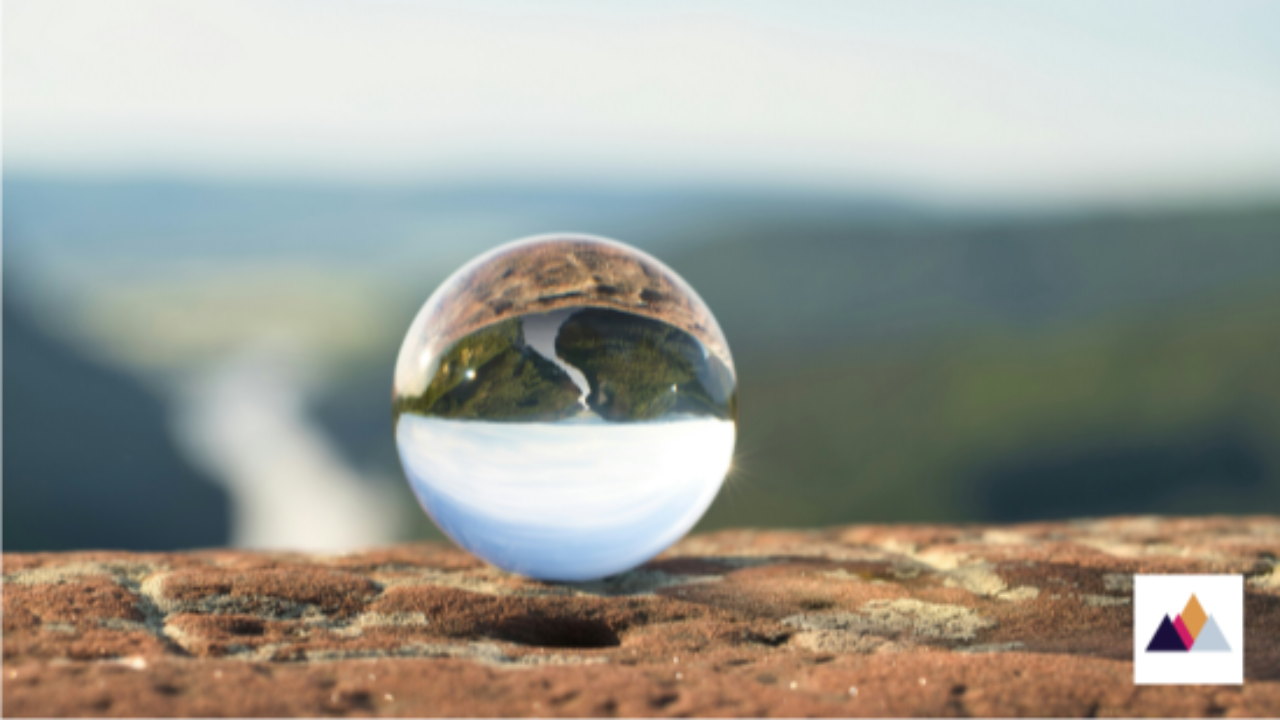Let's talk about fear of the future. 🫣
Oct 10, 2025
I remember when my older son Cooper turned six.
It was 2019 and he had just weaned himself from his pacifier. I felt proud of accomplishing this, and so did he.
Yet two months later when the pandemic hit, and we were required to shelter-in-place for months, I could see his anxiety spiking.
He asked to use his pacifier again.
This was at a time when I was deepening my understanding of neurodivergence and my intuition said, "Yes."
So I allowed the pacifier again, against professional advice.
In fact, a Speech Language Pathologist scolded me during Cooper's autism evaluation, accusing me of inhibiting his social communication by allowing it and told me that he would need orthodontia.
Two years later he was still using his pacifier - basically any moment he wasn't in school.
I would bring it with me to pick him up and would watch him keep it in his mouth all weekend for comfort and oral regulation.
Even while I committed to lowering demands and accommodations for my burned out son, I had the fears crop up when I saw the pacifier:
- He will never have friends if he can't be without the pacifier
- People will judge him and he will be alone and ostracized
- What if I am preventing his social communication development?
These doubts were pervasive, and I regularly had to override them.
The discipline was to pull myself back to the present moment.
I would ask myself:
Was it helping or harming my son?
And I always came back to the gut instinct of "it's helping."
I watched Cooper make friends at school and we scheduled playdates.
We worked together to communicate to the families about this pacifier use out of school.
Nobody judged.
His friends didn't care.
Then when he was almost 8, he decided he was done. Autonomously.
And so we helped him wean and he never turned back.
None of my fears came true. In fact, the pacifier facilitated more self-awareness and advocacy for my son around PDA and autism.
Here is the truth about future fears: Our brain's negativity bias always goes to the worst outcome.
We also premise what we think will happen in the future based on the worst things that are happening today.
But the practice of staying radically present in our decision-making and perspectives on our children can be a game changer.
Staying present allows us to both recognize what is true NOW and facilitates our own behavioral change that can lead us to positive outcomes we never thought possible.
When we can manage the fear - or put it on a shelf for another day - and act from the present moment, we open ourselves up to possibility.
Here is an exercise that I do often, to keep myself on course.
I use this whether it is with younger son William who is currently in burnout, when making decisions for my family, and even with what I share on social media (I get scared sometimes too!).
I ask myself the following question:
Am I acting or deciding from fear or unconditional love?
Unconditional love towards my children
Unconditional love towards myself as an imperfect human
Unconditional love towards my community
And then things become more clear.
Remember, fear doesn't mean something is true.
It is just our brain trying to keep us safe.
Change registers as unsafe to our brains.
So does uncertainty.
So does letting go of control.
But without allowing for change, uncertainty, and letting go of control, we can never create a unique path out of our family's dark woods and find our way towards peace and stability.
Have a good weekend everyone.
Want my blog posts in your inbox?
Most weeks we send two emails. You can unsubscribe any time.

